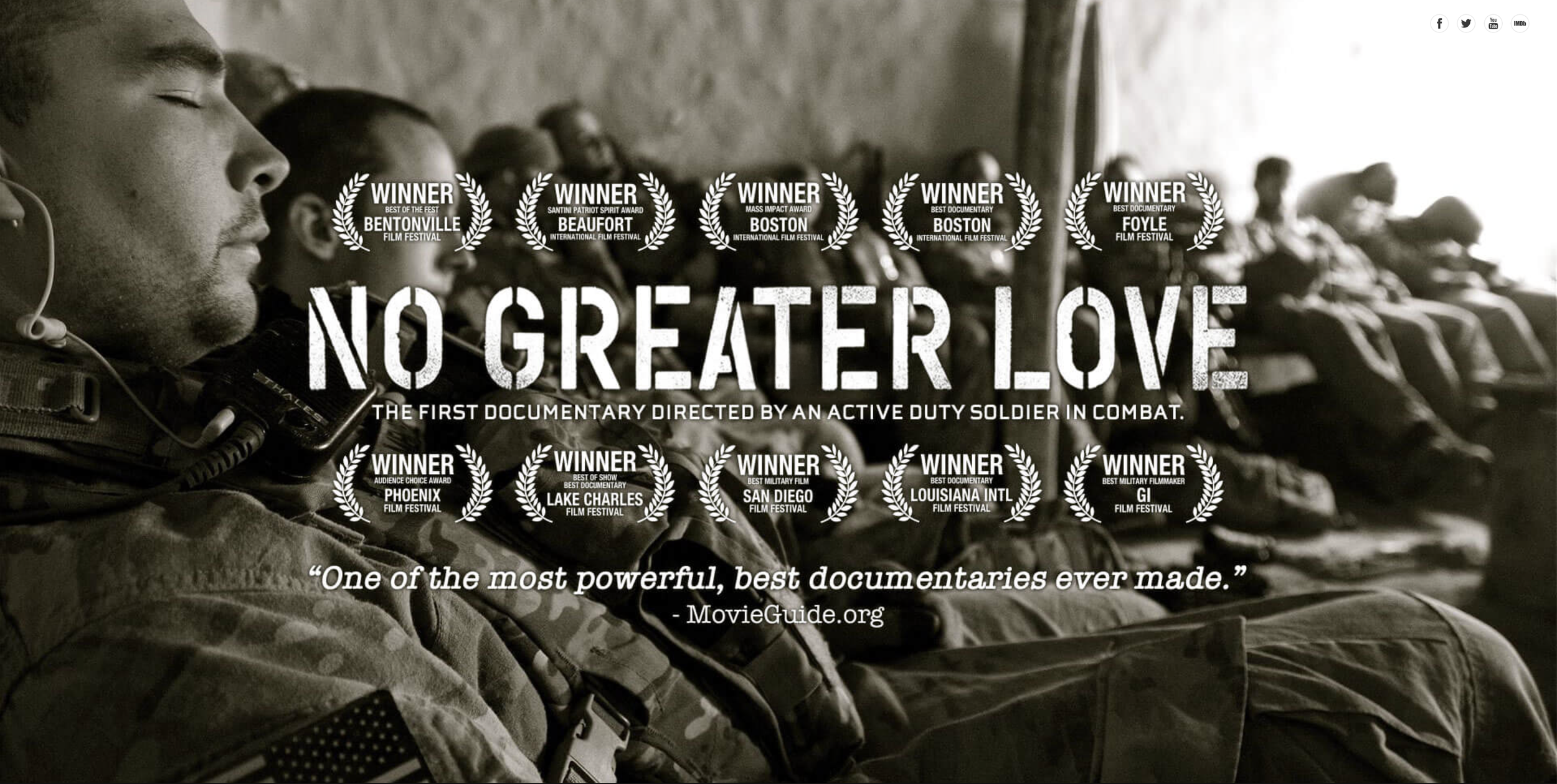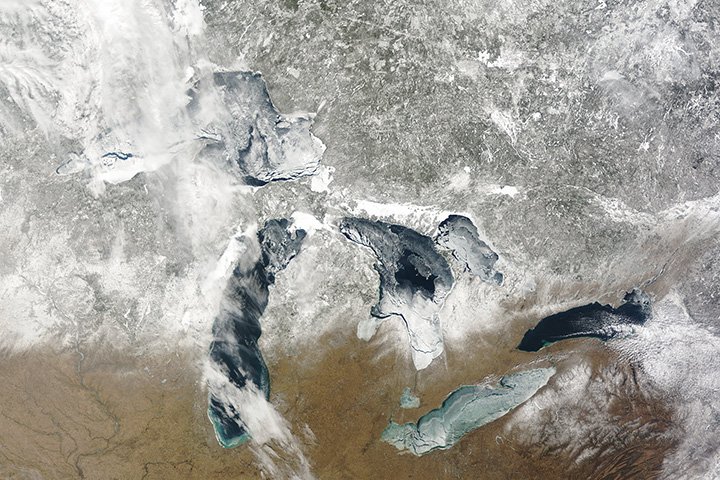It turns out that we routinely underestimate the friendliness of the people around us.
By Jamil Zaki and Rui Pei, writing in the Wall Street Journal (November 21, 2025)
MAR HERNÁNDEZ
The college years once ranked among the happiest times of most people’s lives, but that’s changed. Young adults face an escalating mental health crisis, fueled in part by loneliness. In 2023, 19% of young adults reported having no one they could count on, compared to less than 14% in 2006. When explaining this trend, it’s tempting to turn to stereotypes: phone-addled, self-obsessed kids these days have forgotten how to connect.
A new study from our lab tells a different story. We surveyed thousands of students at Stanford University, where we both work, and discovered two different schools. The first Stanford was made of real students, who defy tidy put-downs of “kids these days.” Undergraduates were near the top of the scale in empathy. Ninety-five percent said they would help peers who were feeling down, and nearly 90% wanted to befriend students they didn’t know. The second Stanford was a colder, pricklier place that lived inside students’ minds. Students vastly underestimated how empathic, kind and friendly their average peer was.
This “empathy perception gap” didn’t stay in students’ heads. Undergraduates who thought the least of their peers also asked the least of them. They were less likely to strike up conversations with classmates or confide in dormmates. This, in turn, predicted loneliness, isolation and unhappiness.
Read the rest of the article

















